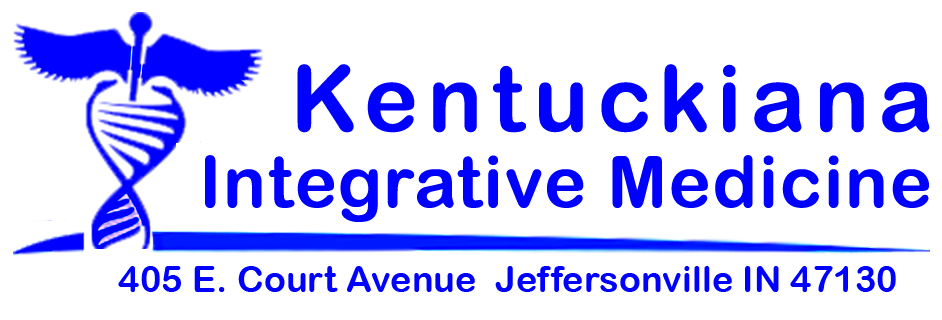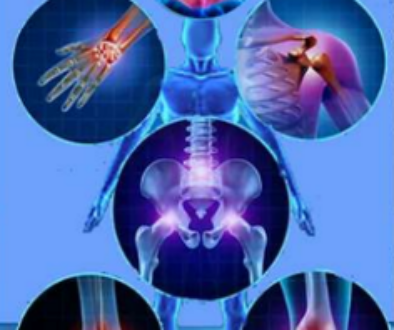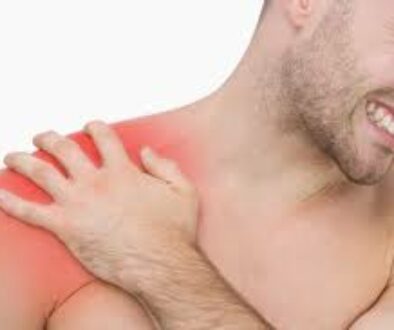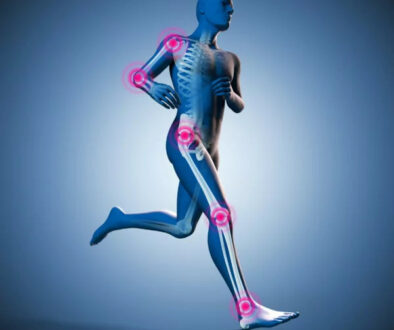Arthritis Awareness and Non-Surgical Treatment
Each year, May is recognized as National Arthritis Awareness Month. Nearly 1 in 5 adults are affected by arthritis in the United States. Arthritis is also the nation’s top cause of disability, having a profound economic, personal and societal impact in the United States.
Types of Arthritis
Arthritis is the inflammation or swelling of one or more joints. Several conditions and types of arthritis affect the joints, and symptoms often vary depending on the type of arthritis. The most common types of arthritis include:
Osteoarthritis
Osteoarthritis (OA) is the most common type of arthritis that occurs when the cartilage at the end of the joint wears down, causing bone to rub against bone. Osteoarthritis occurs most frequently in the hands, hips, and knees. The most common signs and symptoms of osteoarthritis include pain or aching, joint stiffness, decreased range of motion, and swelling.
Rheumatoid Arthritis
Rheumatoid arthritis (RA) is an autoimmune and inflammatory disease that causes joint inflammation and pain. RA occurs when the immune system doesn’t work properly and attacks the lining of the joints. RA most commonly affects the hands, knees, or ankles.
Psoriatic Arthritis
Psoriatic arthritis is a chronic inflammatory autoimmune disease of the joints where tendons and ligaments connect to bone. This disease can start at any age, although for many people, it appears between ages 30 and 50.
Psoriatic arthritis causes the following symptoms:
- Fatigue
- Tenderness, pain, and swelling over tendons
- Swollen fingers and toes
- Reduced range of motion
- Morning stiffness and tiredness
Regenerative Medicine
Regenerative medicine can help many individuals with the above described arthritic conditions as well as torn muscles, ligaments, and tendons. In addition, stiff and achy joints can make it challenging to get through the day.
Before considering surgery, there are many conservative options that may provide significant relief.
- Physical Therapy
- Medications
- Hyaluronic Gel Injections
- Regenerative Medicine Injections
- Supplements can be beneficial to reduce the symptoms of arthritis and ligament pain.
Safe Alternative to Arthritis Surgery
Regenerative medicine is also a non-invasive or minimally invasive option that may help patients heal faster without surgery. Messenger Signaling Cells contain the natural healing ingredients found in birth tissues, including collagens, proteins, growth factors, extracellular matrix, amino acids, and more. Regenerative medicine injections help target damaged tissue and deliver healing growth factors precisely where they will be most effective.
Our Regenerative Medicine Techniques include:
- Prolotherapy
- Prolozone
- Messenger Signaling Cell injections may assist the biological processes that enable the body to regenerate itself – helping to relieve pain and repair arthritic joints and torn ligaments, tendons, and or muscles.
Additionally, some nerve injuries have improved with regenerative medicine techniques.
The above management strategies are NOT covered by insurance; however, hyaluronic gel gel “rooster comb” injections are a form of regenerative medicine covered by Medicare and most Commercial Insurances. In addition, we offer a comprehensive program with Ultrasound, X-ray Fluoroscopic Guidance when performing injection therapy [when needed], and Physical Therapy when appropriate. Schedule an appointment and find out why regenerative medicine is a safe, non-surgical alternative to surgery for arthritis.



